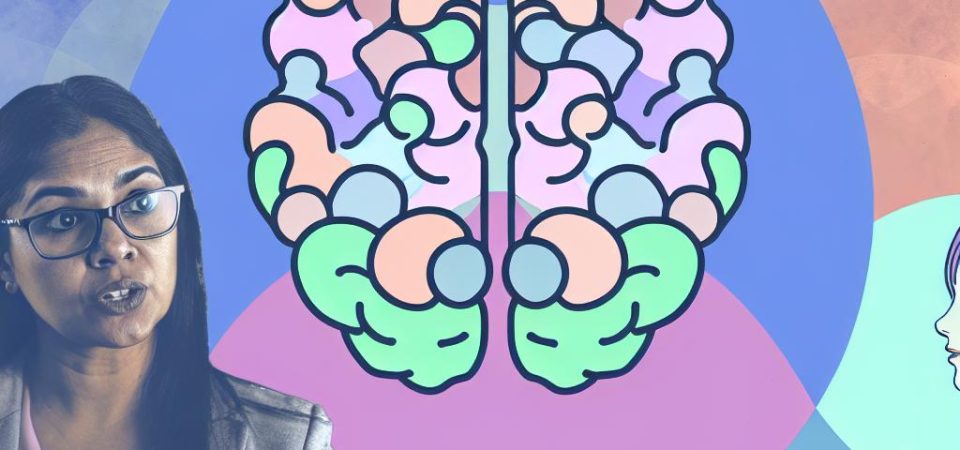The Interrelation of Autism and Anxiety
Autism Spectrum Disorder (ASD) and anxiety are two conditions often observed to co-occur, presenting a complex challenge for individuals, caregivers, and healthcare providers. Understanding the connection between these two can aid in better management and support strategies.
Prevalence of Anxiety in Autistic Individuals
Research indicates that individuals with autism are more likely to experience anxiety disorders compared to the general population. Various studies suggest that between 40% and 50% of those on the spectrum may also have some form of anxiety disorder, which can manifest in numerous ways such as social anxiety, generalized anxiety, or specific phobias.
Factors Contributing to Anxiety in Autism
The prevalence of anxiety among autistic individuals can be attributed to several factors:
Sensory Sensitivities: Many individuals with autism have heightened sensitivity to sensory stimuli, which can lead to over-stimulation and subsequent anxiety. Sensory sensitivities can cause individuals to respond intensely to lights, sounds, textures, or smells that might be considered regular stimuli for others. This heightened sensitivity can lead to avoidance behaviors or heightened alertness, often resulting in anxiety symptoms that manifest in various situations.
Social Challenges: Social interactions can be daunting for those on the spectrum, leading to anxiety in unfamiliar or crowded settings. Interpreting social cues, understanding body language, and engaging in conversation can be overwhelming, potentially resulting in feelings of inadequacy or fear of judgment. These challenges can cause a significant amount of stress and anxiety as individuals attempt to navigate social waters that might often be unpredictable and confusing for them.
Need for Routine: A change in routine or unexpected events can cause significant distress and anxiety due to a strong preference for predictability. Individuals with autism often find comfort in routine, which provides a sense of control and security. When this predictability is disrupted, it can lead to increased anxiety and difficulty adapting to new circumstances or environments.
Impact of Anxiety on Individuals with Autism
Anxiety can exacerbate the challenges faced by those with autism, affecting their everyday functioning and quality of life. High anxiety levels can lead to difficulties in attending school or work, participating in social activities, and maintaining personal relationships. This can create a cycle where anxiety hinders interaction, which might worsen social skills, potentially increasing feelings of isolation. Additionally, anxiety can impact sleep patterns, eating habits, and overall mental health, adding to the complexities faced by individuals with autism.
Management and Support Strategies
Addressing anxiety in autistic individuals requires a tailored approach that considers personal strengths and challenges. Here are some strategies that might be beneficial:
Cognitive Behavioral Therapy (CBT): Adaptations of CBT are often effective in helping individuals understand and manage their anxiety symptoms. CBT can be customized to suit the needs of autistic individuals by focusing on identifying and modifying thought patterns that contribute to anxiety. It also helps in developing coping strategies to manage anxiety-provoking situations effectively.
Environmental Modifications: Adjusting the sensory environment can help reduce anxiety. This might include creating predictable routines or providing quiet spaces when needed. Environmental modifications can encompass dimming lights, reducing noise levels, and ensuring that the individual’s surroundings are conducive to their comfort and sense of security.
Mindfulness and Relaxation Techniques: Mindfulness practices and relaxation techniques, such as deep breathing and meditation, can be beneficial in managing anxiety. By incorporating these practices, individuals may learn to regulate their emotions and achieve a calmer state of mind, which can be particularly helpful in reducing anxiety levels.
For more information on managing anxiety in autism, consider consulting resources from leading autism organizations and healthcare professionals who specialize in ASD. These resources can provide additional insights and tools that are essential for managing anxiety and autism effectively.
The Importance of Early Intervention
Early identification and intervention are critical in managing anxiety in autistic individuals. By recognizing the signs early and implementing appropriate support, it is possible to improve outcomes and enhance quality of life. Continuous research and awareness efforts are essential in developing effective strategies that cater to the evolving needs of individuals with autism and anxiety. Monitoring developmental milestones and assessing any behavioral or emotional changes are crucial in early intervention, allowing caregivers and professionals to tailor strategies to individual needs.
The challenges of co-occurring anxiety and autism highlight the necessity of comprehensive care strategies. By addressing these challenges through a holistic approach, individuals with autism can experience improved social interactions, decreased anxiety levels, and enhanced overall well-being. The integration of therapies, medical interventions, and family support plays an integral role in achieving these positive outcomes. Collaboration between healthcare providers, educators, and families is indispensable in offering a supportive environment that fosters growth and development for those with autism and anxiety. As our understanding of autism and anxiety deepens, the continued dedication to research, intervention development, and training for caregivers and professionals will remain vital to improving the lives of those affected by these conditions.




